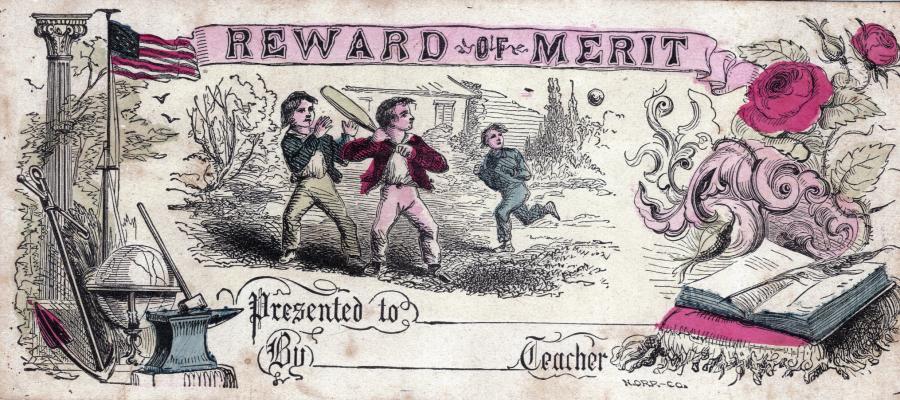The Luck of the Draw
Jul 13, 2008Sometimes it isn't possible to distribute goods evenly. When this happens, we often leave it up to randomness – in the form of lotteries – to decide who gets what. Is this just?

Should people be rewarded for their talent and effort? Or should society treat us all the same? Is meritocracy just a smokescreen for a system that’s rigged? These are some of the questions we're asking on this week's show.
A meritocracy is a system that rewards people for their talent, hard work, and skill, as opposed to rewarding them for irrelevant characteristics like family connections, wealth, or good looks. In practice, the US is not this kind of system: we know that the children of rich parents tend to become rich themselves. (Measuring the exact size and nature of the advantage is complicated—see these discussions by the Office of Housing and Urban Development and the Pew Charitable Trust—but its existence is widely agreed-on.) But even if meritocracy is not the current reality, couldn’t it be a good ideal to strive for?
There are some reasons to be suspicious about that. (In fact, Michael Young, who introduced the term, thought that meritocracy was a bad and unjust thing.) You might think that fairness actually forbids rewarding people for being talented and seizing opportunities, since this amounts to rewarding them at least partly for being born with natural advantages and having opportunities. Also, insofar as fairness requires us to treat people equally, it seems unfair to reward only the high achievers. (Defenders of meritocracy could reply that fairness requires only equality of opportunity, but it’s not entirely clear what equality of opportunity amounts to, or whether meritocracy is compatible with the right kind of equality.)
Even if meritocracy is fair, it seems inhumane. We should strive to give everybody enough basic goods (such as food, housing, clean water, and medical care) to satisfy their needs. But that suggests that our first priority shouldn’t be handing out more goods to the deserving; it should be providing for everyone regardless of what they deserve.
There’s also the danger that people may be seduced by an ideal of meritocracy into believing that our society has already achieved the ideal—that the people currently at the top got there by being the most deserving. People are already inclined to believe the so-called just world hypothesis that people who suffer harm or deprivation deserve what they get. Perhaps an ideal that emphasizes desert will only encourage this kind of victim-blaming. Or perhaps we’re inclined to mistake reality for our ideals no matter which ideals we embrace.
Is there anything worth salvaging in the ideal of meritocracy, or is it bound to be an ideology that justifies an unfair and unequal society? Tune in this week as we put these questions and more to our guest, Jo Littler from the City University of London, author of Against Meritocracy: Culture, Power and Myths of Mobility.
Image by Marion Doss from Flickr